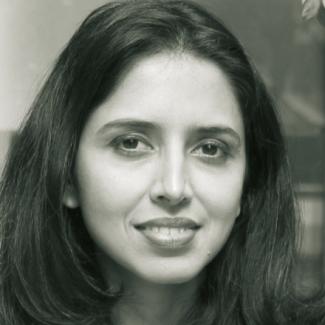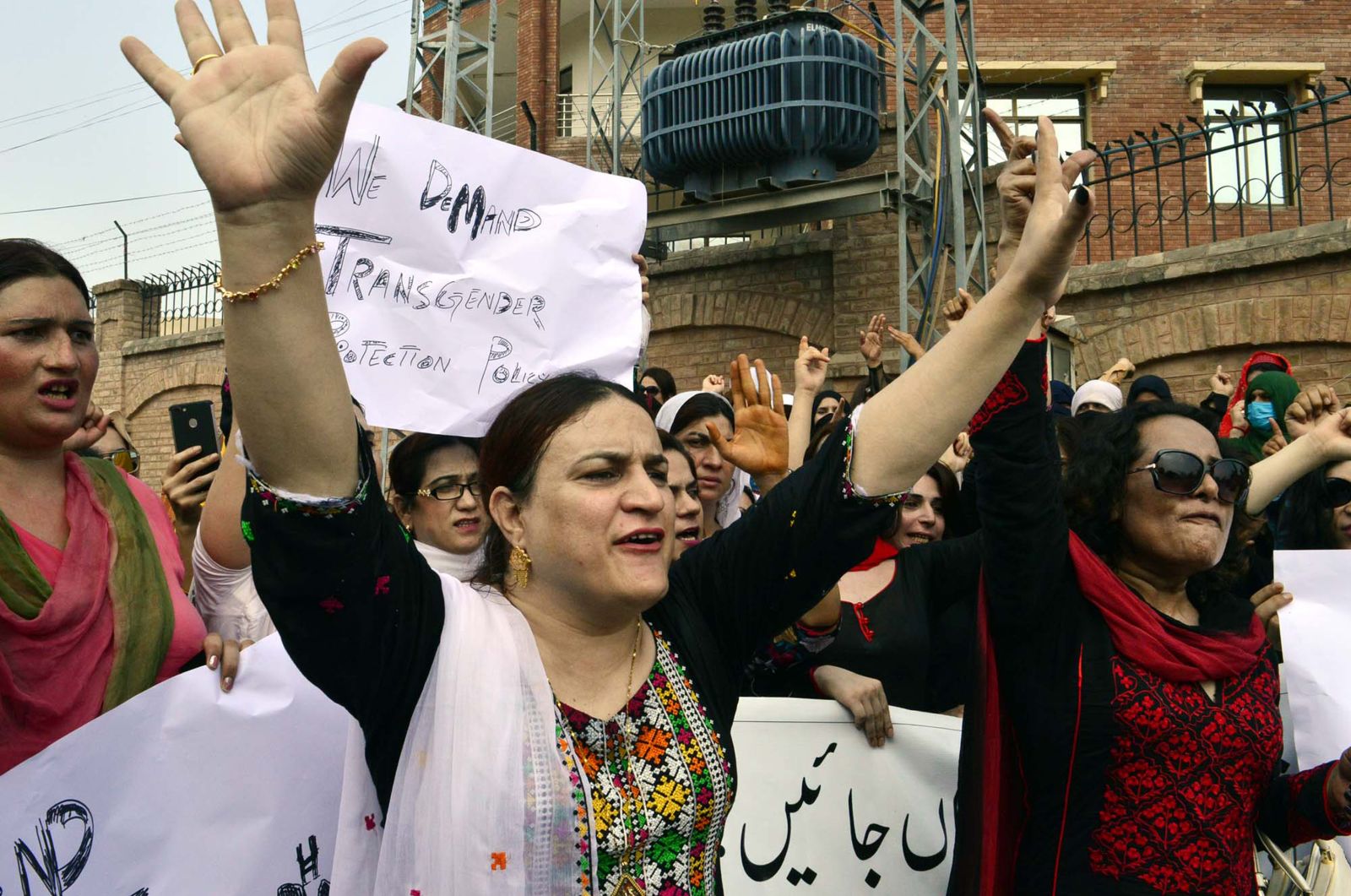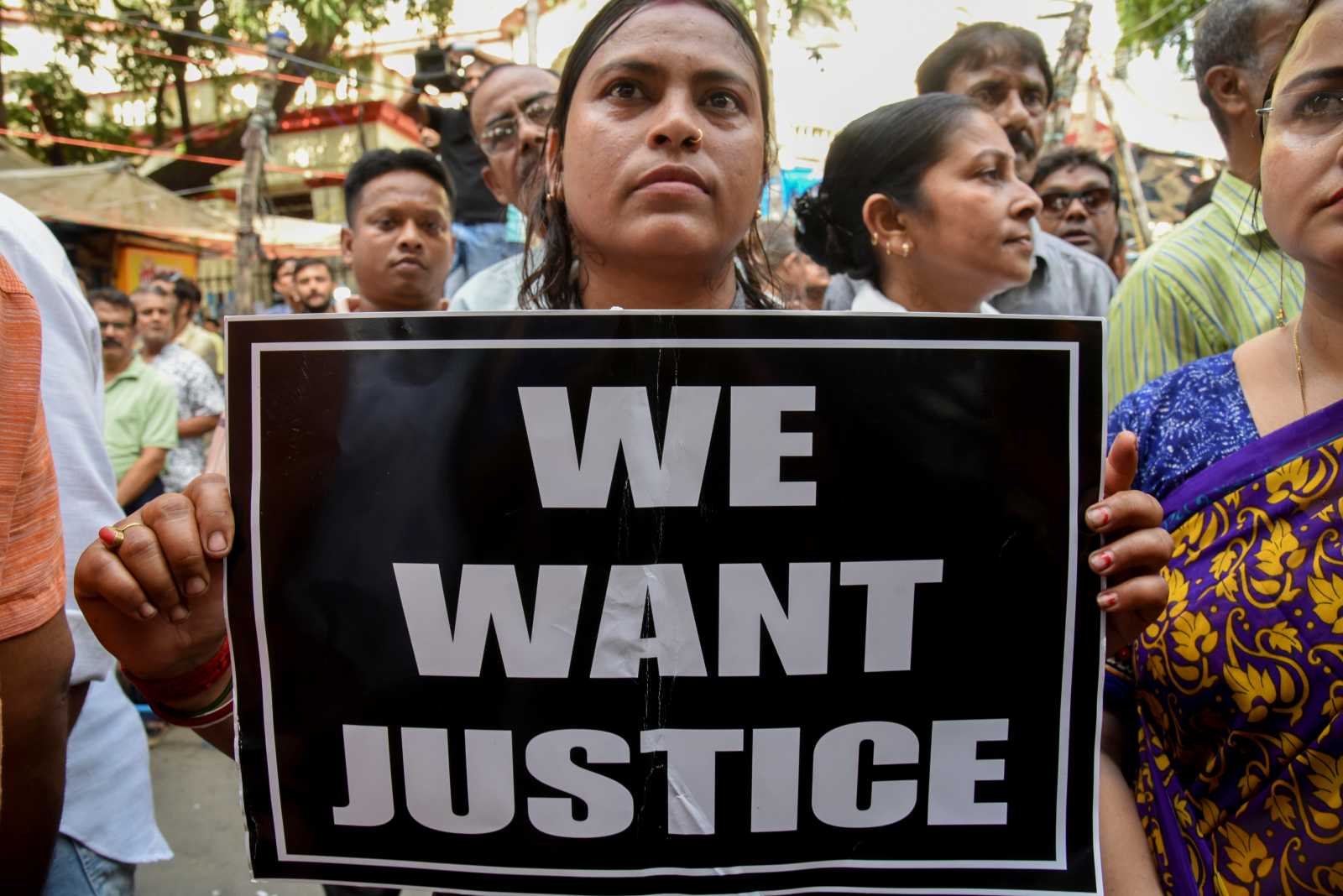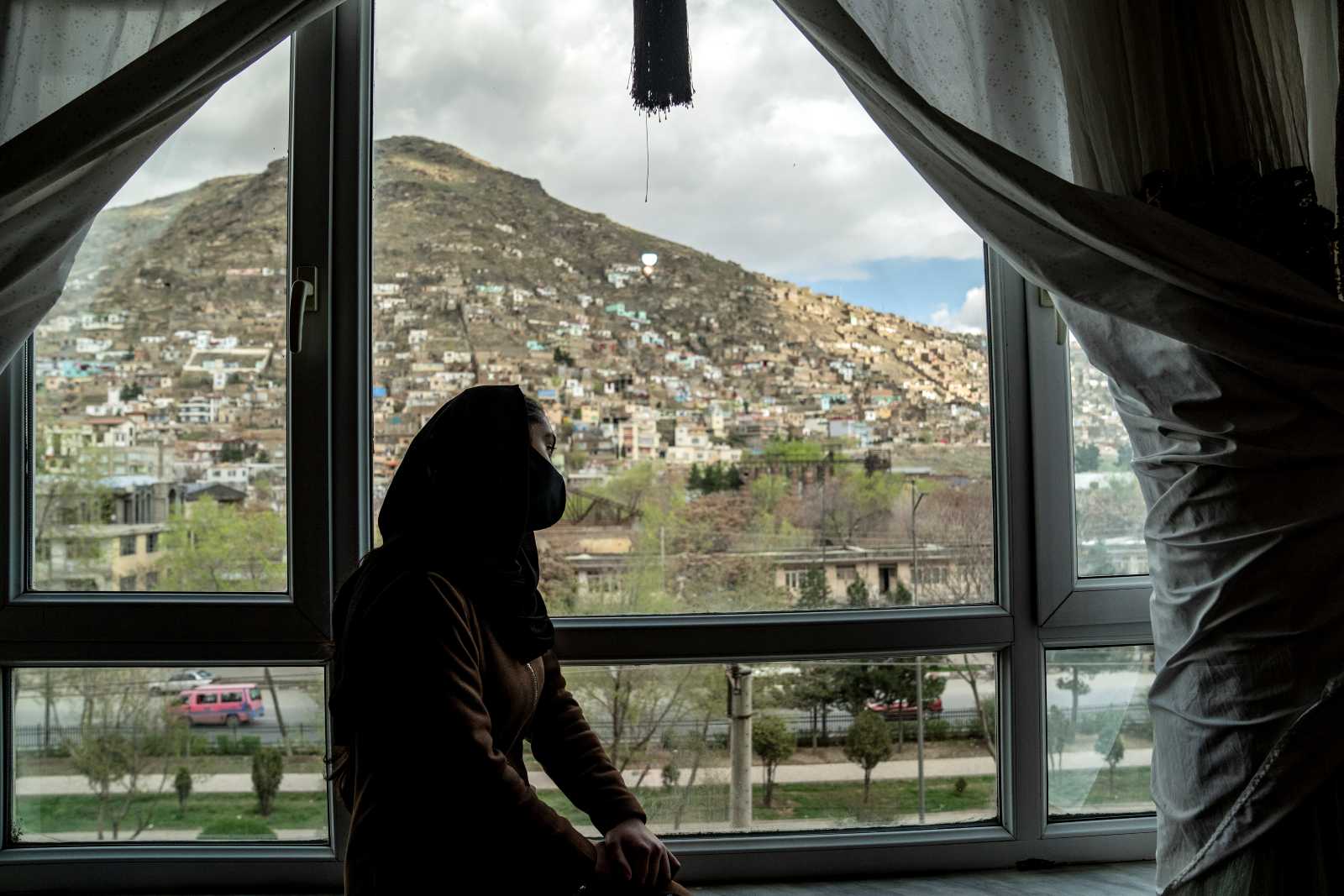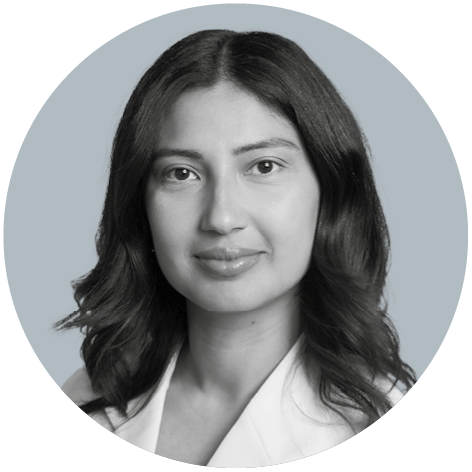Gender rights
Pakistan’s politically assertive women
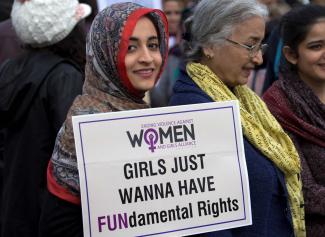
The Aurat March (‘Women’s March’) now takes place in many cities every year on 8 March, the international women’s day. The rallies spotlight women’s struggle against patriarchy in their personal lives within the home, family and the broader community.
Young feminists demand that what they see as a false binary between the public and private spheres must be dismantled. They have pushed previously taboo themes of sexuality and bodily autonomy into the public imagination. A central slogan of the Aurat March is “mera jism meri marzi” (“my body, my choice”). It relates to the pervasive physical abuse and sexual violence against women, but also asserts women’s and other gender minorities’ autonomy over their bodies and sexual agency.
For earlier generations, such an uninhibited assertion of feminist consciousness was unthinkable. To many people, other Aurat March slogans sound scandalous. They include “khana khud garam kar lo” (“heat up your meal yourself”), “mein tumhari izzat nahi hoon” (“I am not your honour”), “tou karay tou stud, mein karoon tau slut” (“when you do it you’re a stud, when I do it I’m a slut”) and “meri shadi ki nahi, pehlay meri taaleem ki fikar karo” (“worry about my education, not marriage”).
In parallel to the start of the Aurat March, Pakistan’s indigenous and deeply stigmatised transgender people, known as hijras, won a key demand to self-identify as the ‘third gender’ in 2018. They are gender-diverse and include trans and intersex persons as well as eunuchs. They have had a long history of oppression that can be traced back in South Asia to discriminatory colonial laws that were introduced in late 19th century. Homo- and transphobic violence remain all too common, but the reforms of 2018 have at least granted hijras legal protection and socio-economic rights.
As in many parts of the globe, struggles for gender rights face resistance from both state and society. In Pakistan, the backlash emanates not only from right-wing groups but, more disturbingly, from state institutions. Only last year, for instance, the Islamic Shariat Court struck down a number of provisions of the new law in favour of hijras arguing that it violated Islamic injunctions. This has put the marginalised community at even greater risk of persecution. The irony is that a progressive ruling by the Supreme Court had paved the way to the reform of 2018.
The Aurat March movement also navigates a maelstrom of criticism, threats and online harassment every year, but so far does not get any serious provision of state protection. What is encouraging is the tremendous resilience and perseverance with which Pakistan’s women and gender minorities carry forward their struggles. This kind of insistence on fundamental rights is exactly what the country needs.
Maryam S. Khan is a research fellow at the Institute of Development and Economic Alternatives (IDEAS) in Lahore, Pakistan. She recently completed her PhD degree in law on Pakistan’s constitution-making history from the University of Wisconsin, USA.
maryam.khan@ideaspak.org
